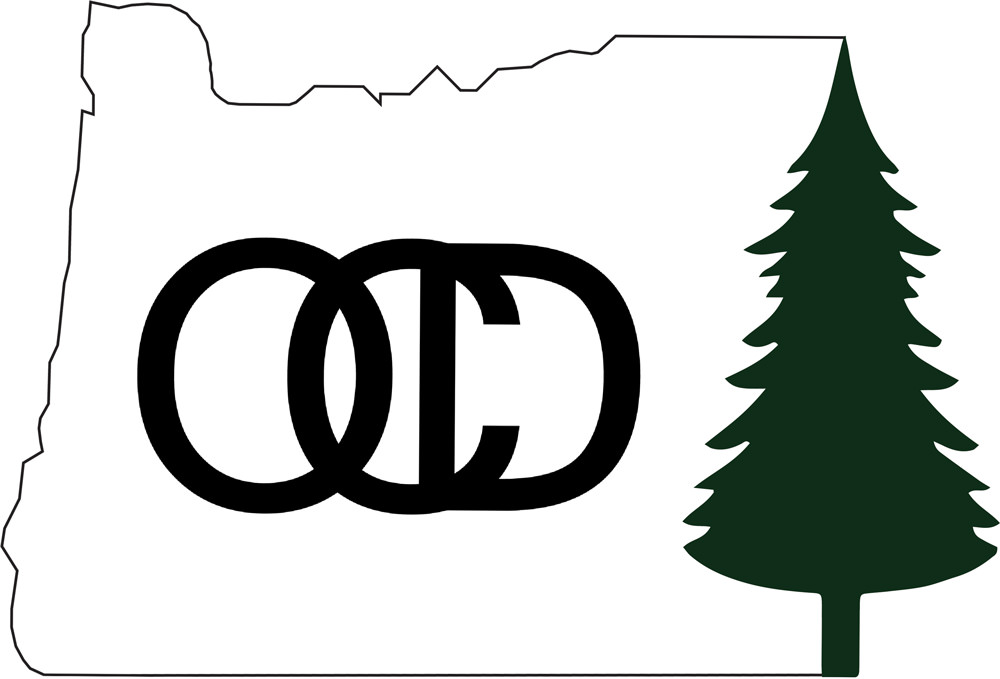Resources
The problem with OCD
While OCD is relatively common, with an estimated 183 million suffers worldwide, studies show that fewer than 10% of those living with OCD are getting the care they need. Because of stigmas and fear of embarrassment, OCD sufferers often hide their symptoms and wait years before seeking treatment.
Yet even when someone does pursue treatment, it can be difficult to find a health professional who is properly trained in treating OCD. OCD Oregon is committed to increasing public awareness about OCD and being a resource to OCD sufferers and their families.

-
OCD can take many forms, from washing and checking to unwanted blasphemous or aggressive thoughts. Unfortunately, OCD presents itself in many forms that are unfamiliar to the general public.
If you or a family member is suffering from repeated thoughts, images, or impulses that are addressed by repetitive behaviors or thoughts to neutralize or counteract them, there’s a good chance it’s OCD.
If you or someone you love is suffering from this cycle of obsession (repeated thought, image, or impulse) and compulsion (neutralizing behavior), you may need support from a qualified mental health professional.
-
Left untreated, OCD can significantly reduce quality of life and rob sufferers and their families of the things they cherish most. In fact, the World Health Organization list OCD as one of the top 10 causes of disability worldwide.
However, with effective treatment, even the most debilitating cases of OCD can be effectively treated. If you or a family member is suffering from OCD-related symptoms, seeking professional help is the first step to getting your life back on track.
-
The treatment of OCD and related disorders requires specialized training in a type of cognitive-behavioral therapy (CBT) called Exposure Response Prevention (ERP). This link from the IOCDF provides a registry within your area of individual therapists, medication prescribers, treatment clinics, and support groups that specialize in the treatment of OCD.
Please contact OCD Oregon if you have any questions about treatment options and/or support groups.
Donate
OCD Oregon is a non-profit organization. To provide resources, fund events, and educate our community about OCD and related disorders, we rely on our volunteers and generous donations. To support those that struggle with OCD and impact lives, please help us in our mission by donating today.
I Want To Help

